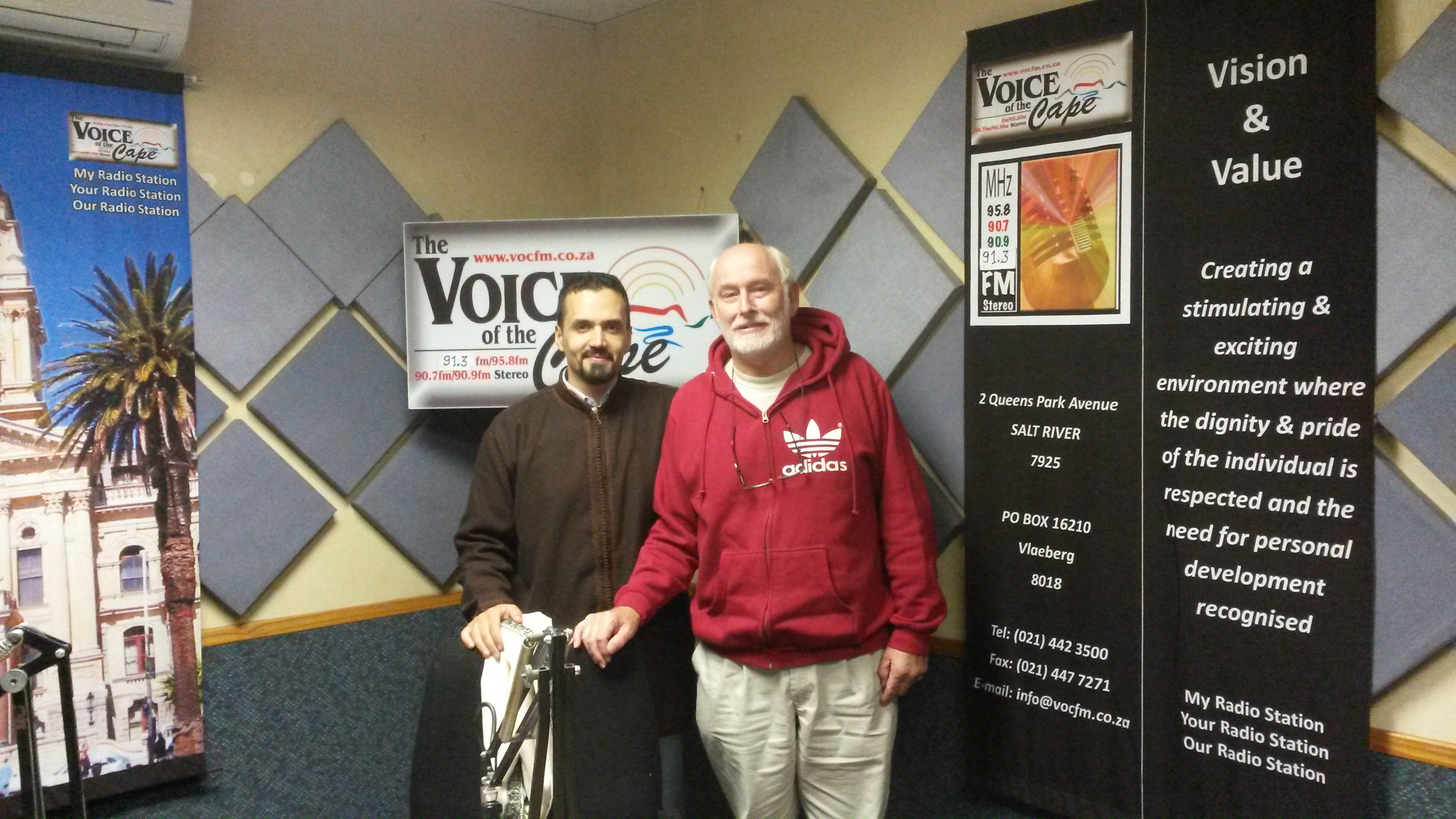Whilst Muslim minorities have done well to integrate themselves amongst the broader majority within a South African context, Muslims face contrasting situations in other western secular countries, according to Dr Hisham Hellyer, a prominent US based commentator on US and Middle East relations.
Hellyer was raised between the UK and the Arab world, spending a great deal of time in Cairo, Egypt, as well as Abu Dhabi, United Arab Emirates. He is an expert on the politics of the modern Middle East, religion and politics, majority-minority relations and security issues and the relations between the Muslim world and the West.
Unpacking the current state of Muslim minorities living within western majorities, DrHellyer, a non-resident fellow with the Centre for Middle East Policy at the Brookings Institution acknowledged that South African Muslims were being afforded relative sovereignty compared to their European and North American counterparts. This included better provisions with regards to Halal, the accessibly of public prayer facilities, and little to no cases of discrimination from government or the broader society.
“All of these things I think South African Muslims, in particular Capetonian Muslims seem to take for granted. Whereas in the European and North American context, that is certainly not the case,” he told VOC Drivetime.
Post 9/11 and the 7/7 London bombings, Muslim minorities in many western states have often had to bear the brunt of ridicule and prejudice from the majority; a trend attributed to the so called ‘War on Terror’. This hatred has in recent years been shifted to a growing ‘anti-islamization’ sentiment, popularised in Europe by the Patriotic Europeans against the Islamification of the West (PEGIDA) movement.
Hellyer said the narrative was now veering towards a sense that ‘a community of potential extremists’ were now trying to destroy Western civilization from within.
He was also keen to draw a distinction between assimilation and integration of Muslims within western countries, pointing out that both concepts were different dependent on the context of the state itself.
“When you look at a country like France, they have tried in certain ways to accommodate Muslim communities but within the prism of what they consider to be universal values, particularly with regards to secularism. The French model is extremely different from just across the channel in Britain…I think we have to get beyond some of these labels, and understand what these things actually mean in practice,” he stated.
Apart from assimilation into the society, Muslims have also sought to increase their involvement within the governmental sphere of western societies. But whilst they have held strong and influential position in a local context, the same cannot be said in other secular states.
Hellyer was eager to point out that the lack of Muslim representation in governments across Europe and America were largely down to the fact that the community did not hold as positive a rapport with the majority, as is the case in South Africa.
“The inclusion of the SA Muslim community in positions of power was a natural outgrowth of the participation of Muslims in the anti-Apartheid struggle. Had that not taken place they may well have become part of institutions of power later on, but their effect would have been completely different. They built something that is really quite priceless, and that is social capital. They took that and translated that into political capital,” he explained.
He added that the representation itself was not that imperative, as a community could have no Muslims in parliament yet still have fair and favourable conditions within society. Likewise, there could be an overrepresentation of Muslims with laws and general societal conditions remaining poor.
“I think that it is important for Muslim communities to look beyond this idea of how their tribe are being represented in the corridors of power, and looking more at how the principals of society are arranged, and how beneficial they are,” he added. VOC (Mubeen Banderker)






 WhatsApp us
WhatsApp us 


1 comment
I recommend that those Muslims make friends from all races and religions and seek to contribute postively to their host country. They are Muslims and citizens of their host countries and this takes precedence over their tribal, cultural or traditional identity.